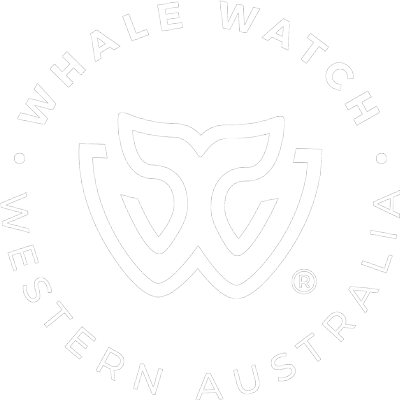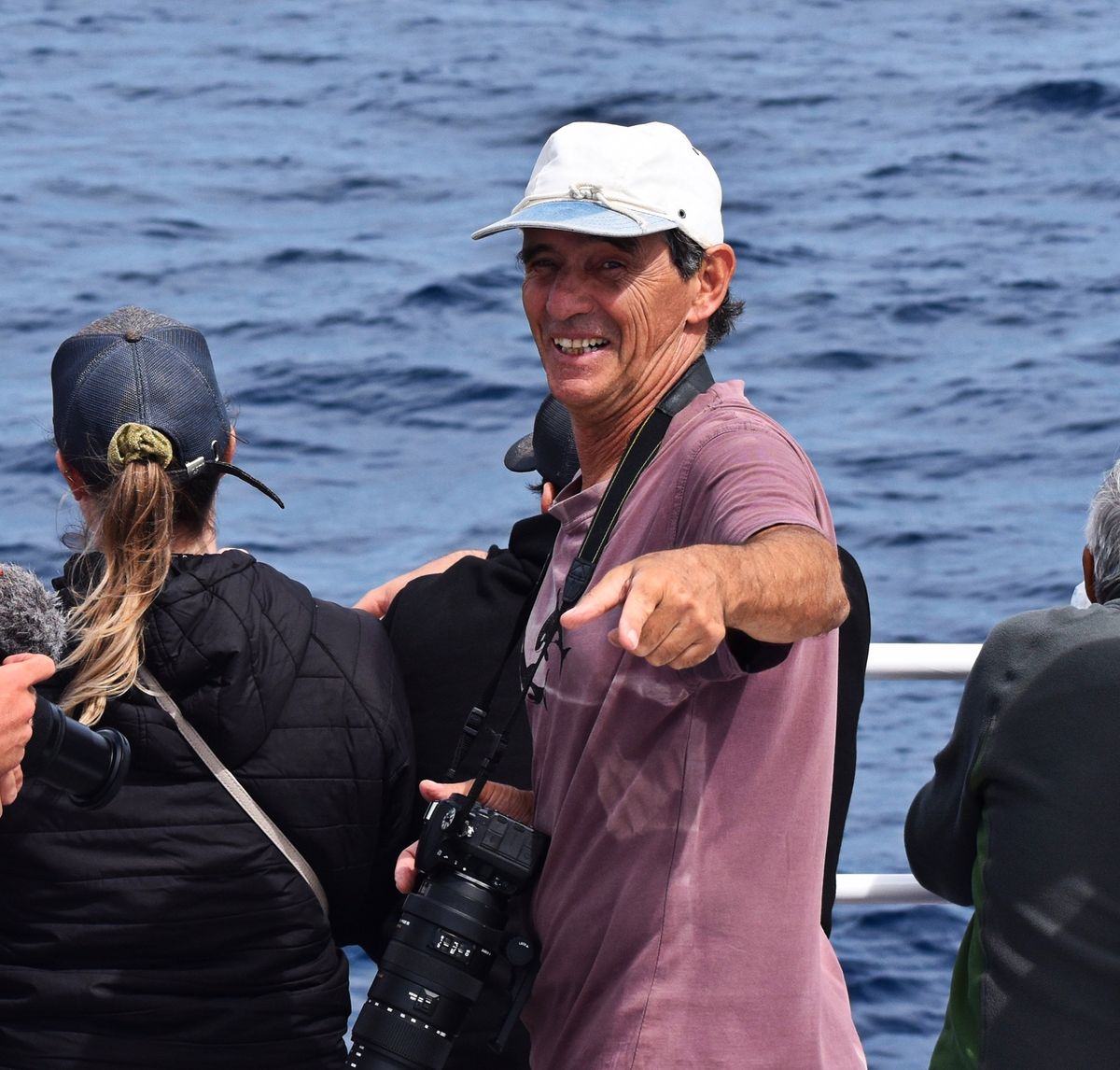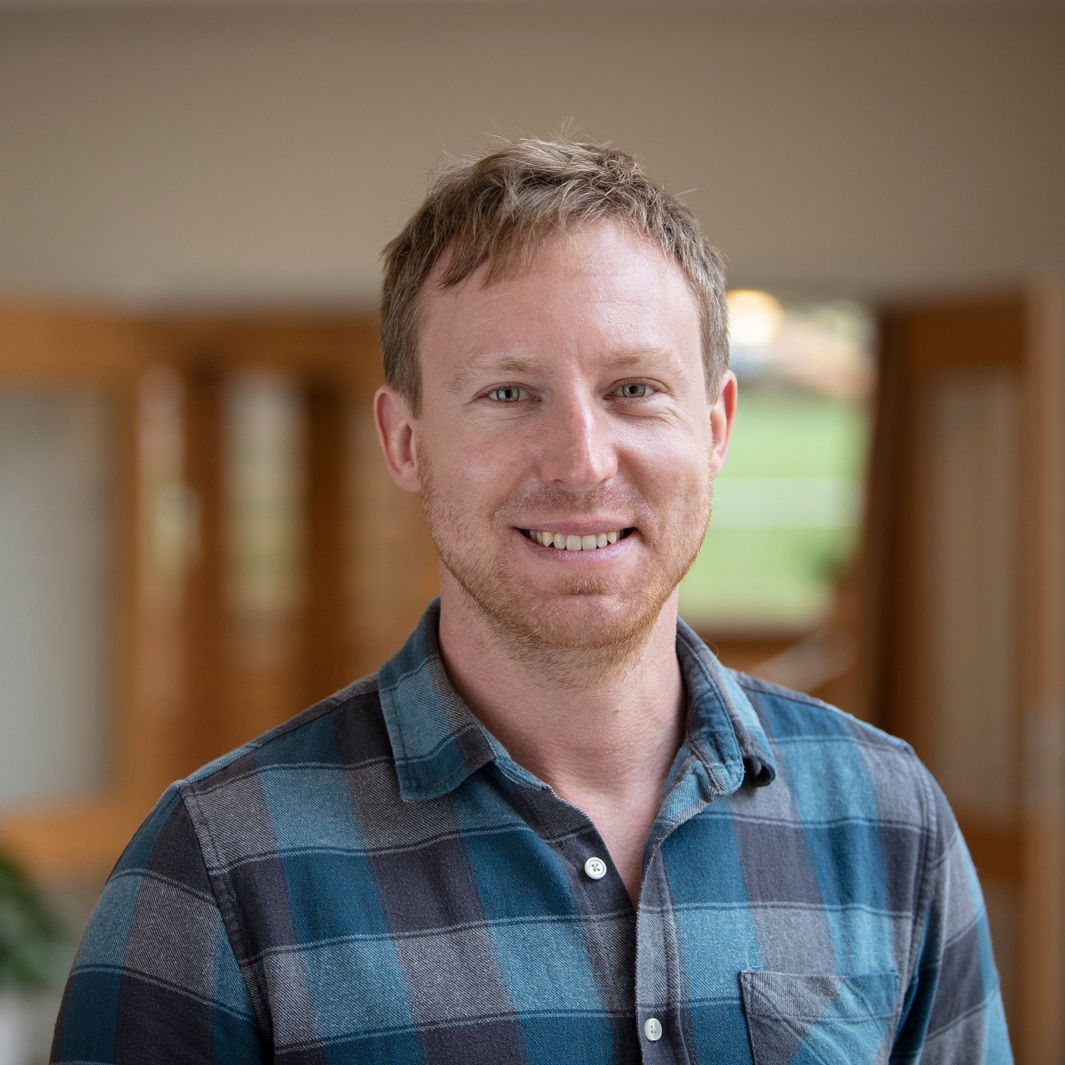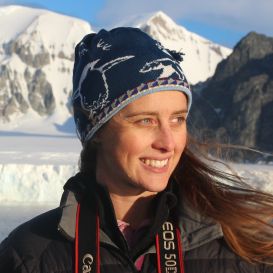The Curt & Micheline Jenner Award
The Curt & Micheline Jenner Award is presented every year to a Whale Watch Western Australia Cetacean Soldier™ for their dedication and excellence in cetacean research.
Our yearly winner will be provided with a monetary prize and access to Whale Watch Western Australia’s vessel.
Named in honour of Curt and Micheline Jenner who have researched whales for over thirty years. Their hard work, passion and discipline towards learning about the Western Australian whale populations has been a fundamental part of what we now know about Western Australia’s Whales. Starting from humble beginnings and a very small inflatable vessel, Curt and Micheline were determined to understand the migratory path of the Western Australian Humpback Whales and where their primary nursery ground was located, which in the 1990’s was unknown.
Discovering the importance of the Dampier Archipelago and Kimberly Region the Jenners were able to confirm the nursery grounds of the Western Australian Humpbacks and view their extraordinary population growth from a few hundred individuals to over 45,000 in the Western Australian population, the largest in the world!
2023 Entries Now Open
Please provide your name, email, video link and description in the form below.
2021 Curt & Micheline Jenner Award Winner
Grace Russel
PHD Candidate and Scientist
Grace is an extremely dedicated and motivated person who has worked hard in collecting data for her Fat Whales Project which just might be the best project name created! Grace is studying the migration timing of humpback and blue whales in Australian waters and using UAVs to gain aerial photos and morphometric measurements to assess body condition in free-living whales. It has been a privilege welcoming Grace onboard each tour this season and seeing her work incredibly hard and consistently to collect the information required for her project, looking forward to many more seasons to come.
2020 Curt & Micheline Jenner Award Winner
John Totterdell
Cetacean Research Centre (CETREC WA)
John discovered the Orca of Bremer Bay and has been studying in the waters of Western Australia for over 30 years. His current studies focus on two geographically seperate and genetically differentiated populations of killer whales found off the coasts of Western Australia – a large population (up to 200 animals) that frequent the offshore waters of the Bremer Sub-Basin region foraging on squid, fish and mammals; and a tropical group of approx 30 animals targeting mammals (humpback calves & dolphin) during the austral winter and spring.
2019 Curt & Micheline Jenner Award Winner
Professor Fredrik Christiansen
Marine Biologist & Assistant Professor
Fredrik is an ecophysiologist interested in the relationship between animal behaviour, bioenergetics and population dynamics, with an emphasis on cetaceans. He is interested in how behavioural changes, caused by human disturbance can influence the amount of energy that animal acquires and spends, and how this influences their body condition and ultimately survival and reproduction. Fredrik’s research spans a number of research areas, including behavioural ecology, physiology, bioenergetics and reproductive biology. Season 2020 is set to be an exciting time for Fredrik and his team as they Join the Pod with Whale Watch Western Australia to further expand their fantastic research.
2018 Curt & Micheline Jenner Award Winner
Dr Kate Sprogis
Australian Marine Biologist
Kate Sprogis completed her PhD on Indo-Pacific Dolphis in Bunbury, Western Australia. Kate has travelled the world volunteering in many different countries to further her knowledge of cetaceans and this experience has assisted with her research work and collaborations here in Australia. Dedication, passion and enthusiasm is the essence of Kate and her research, awarded the inaugural Kate & Micheline Jenner Award we are very proud of the work Kate has achieved and her future research plans. Kate’s next adventure will be to better understand the behaviour of Humpback Whales towards vessel noise and we look forward to seeing what will be discovered in her field research season for 2019.











